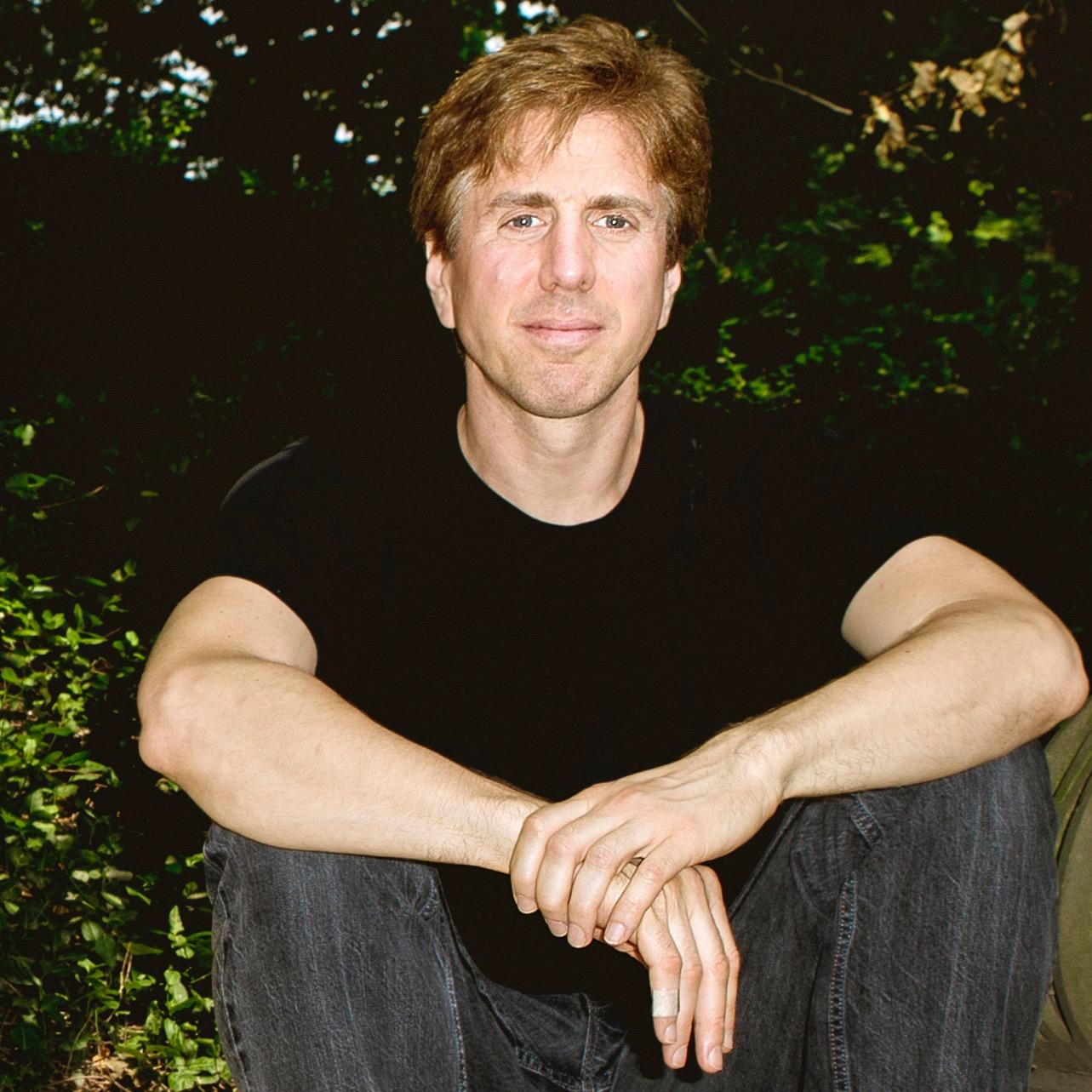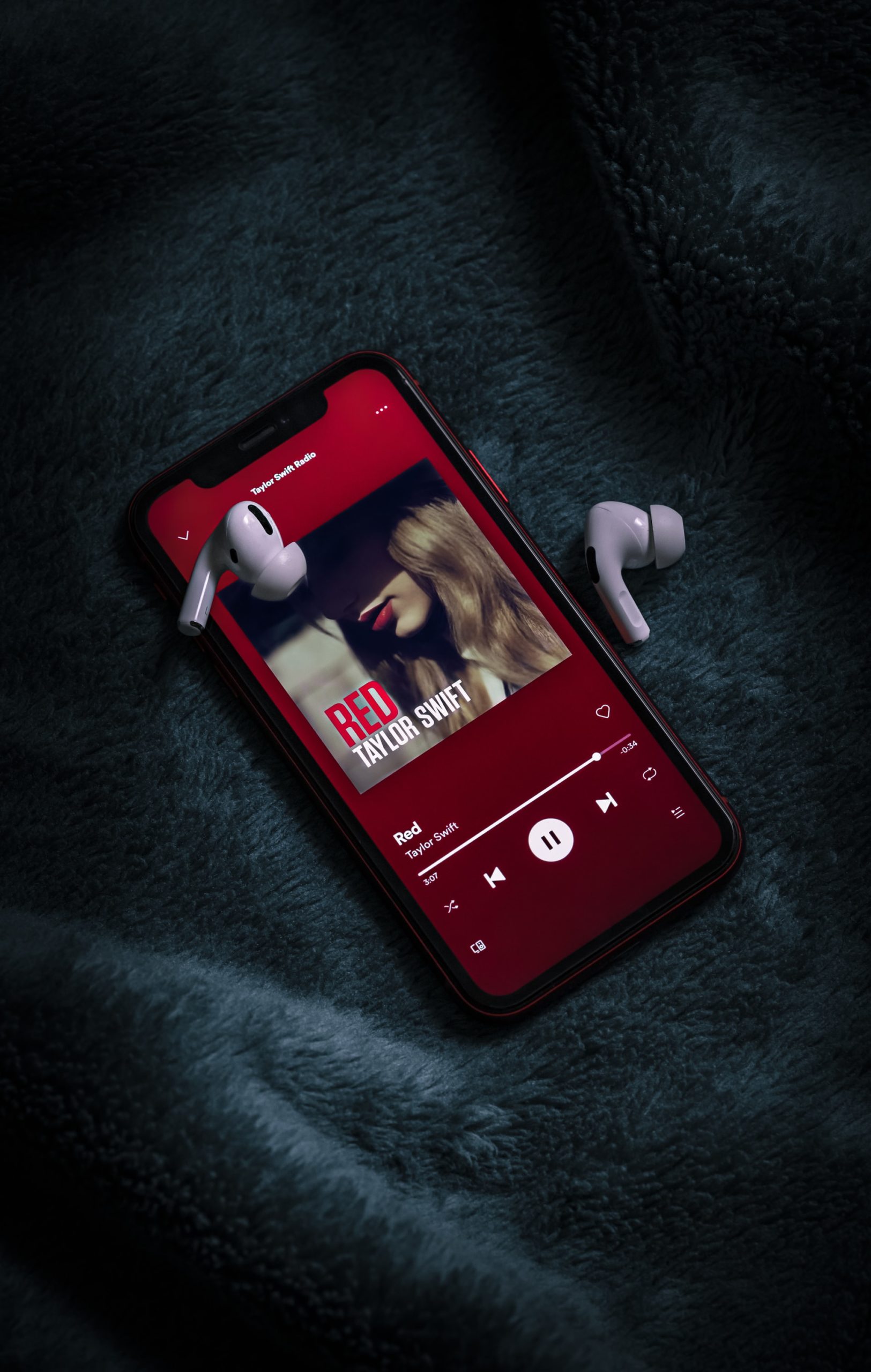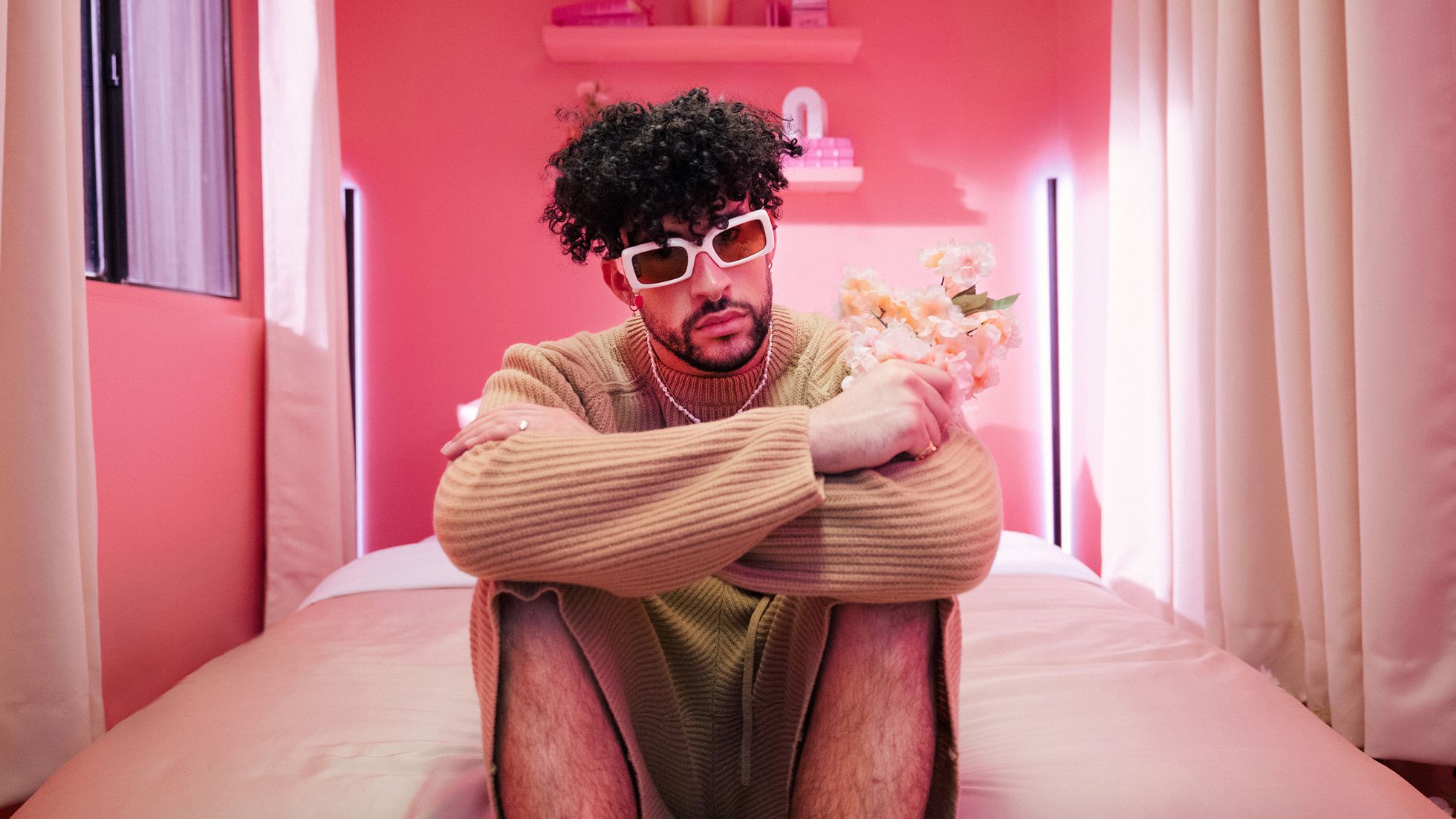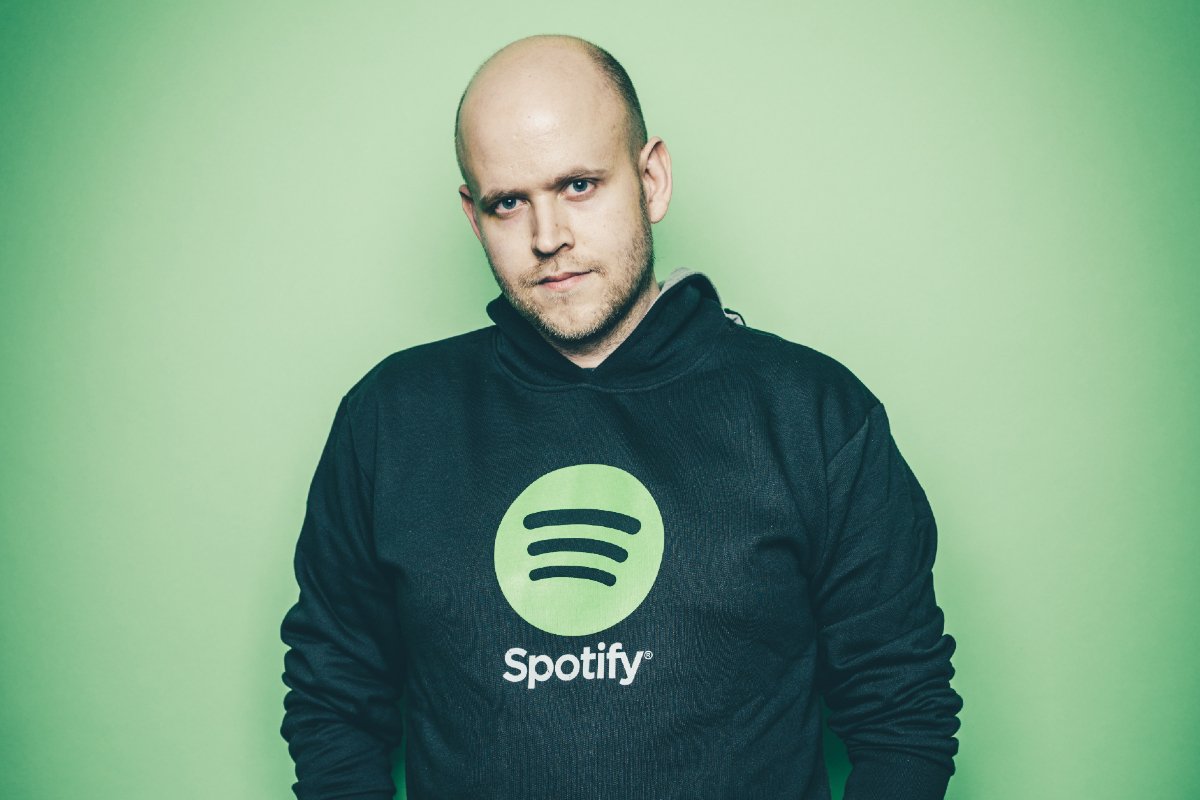Jeff Price: «Songwriters are being ripped off by streaming services»

Jeff Price is the founder and former CEO of TuneCore and currently the founder of Audiam, a company whose business is to collect the royalties owed by digital platforms to songwriters and publishers in the US and Canada. In an exclusive interview for IndustriaMusical.es, Jeff tells us about how Spotify and other streaming services generate millions of dollars in mechanical royalties that are never paid to these creators at all.
IM: You approached IndustriaMusical.es to talk about how Spotify and other streaming platforms are not paying the songwriters in the Spanish speaking market, is that correct?
Yes, that is correct. In fact, this is happening in all markets, however the market for hispanic music appears to be even more exploited than other genres. What I mean is, latin and hispanic music is incredibly popular, they get a lot of streams because it’s great music and also because of the increasingly large hispanic population in the US, and so far everything we have found tells us that this particular genre is not properly licensed, but generates a lot more revenue than other genres such as hip-hop, rock, jazz, etc. which means that the songwriters and publishers are not being paid.
IM: What data do you have to claim all this?
To understand the way in which we have been able to discover all this, we have to understand first the way in which the law operates in the US, which is different than the rest of the world. Let’s use the example of the song «I will always love you», which was recorded and popularized by Whitney Houston but it was written by Dolly Parton. So, for every song recorded there are two copyrights, one for the recording of the song, which in this case belongs to Sony, and another for the composition of the song (lyrics and melody) which belongs to Dolly Parton. When this particular song is downloaded from iTunes, the licence for the composition, meaning the money that belongs to Dolly Parton has to be paid by the record label and not by iTunes, and this is what’s known as a passthrough licence.
When the law changed in 2005, the passthrough licence was eliminated for interactive streaming services, such as Spotify, which meant that the responsibility to pay the songwriter started falling upon the shoulders of the platforms that allowed the reproduction of the works in their service.
So, if someone writes a song in Spain, and that song is being streamed on Spotify in the US, Spotify should have requested a licence from the songwriter themselves in order to be able to even make the song available in their service, but I can bet that 99% of the songwriters in Spain, or any other country, have not been contacted by Spotify. This means that your music has been stolen, used without authorization in order to generate value for Spotify.
IM: How is a licence obtained?
There are two ways to do this. The first one is to contact the songwriter directly, request a licence from them and negotiate between the parts until they sign a licence contract. The second one is through a compulsory licence, and this only happens in the US. A compulsory licence means that a songwriter is obligated to issue a licence to whomever wants to use their songs, as long as he or she is notified. The service has to notify the songrwriter and when this happens, the songwriter will immediately know that their work is available in the platform and the platorm will know who wrote all the songs and will be able to pay them each month.
So, if Spotify doesn’t obtain a licence by either one of these two methods, they’re not allowed to host the music in their service. And this is exactly what is happening, the music is being streamed without the authorization of the songwriters and is being used to generate revenues and value for a company that has raised more that $1 billion in capital taking avantage of the creators in order to launch an IPO.
You would think that a company like Spotify would establish a mechanism to identify the songwriters of the songs on their service, but it was never created. There is a system in place to pay the record labels, but not the songwriters. In order to do this they hired a third party, the Harry Fox Agency, which said to them that they could not do this work and even included a clause in their contract in which Spotify agrees not to sue them if they cannot do the work.
IM: How did you realize that Spotify had not obtained the licences?
What I did for my work with Audiam was to collect all the metadata from all the recorded music available through digital services by using a series of techniques and public APIs. I extracted all this information from platforms like Spotify, Amazon, iTunes, etc. I took all of this metadata and added it to my own database in my computer, and now I have a list of more than 70 million songs which includes who the performer is, the song duration, the name of the album, date of release and the IRSC codes of each one.
When a songwriter becomes a memeber of Audiam, what I do is to look in my database for all of the data of the recordings that exists of the music of that songwriter. The first time we did this was with Metallica and we realized that Spotify had not been paying the mechanical royalties for more than three years, a period of time in which their songs had been streaming more than 400 million times, not counting the thousands of covers that are also hosted by the platform, and that should generate royalties for Metallica as songwriters.
When we asked Spotify about this they told us it had been a computer error and that it would be solved immediately. However, when we did the same for the Red Hot Chili Peppers we found out that 85% of the recordings of their songs were not paying the mechanical royalties. This happened with all of our artists in any genre.
In October 2015 one of our clients, the music company Victory in Chicago found out that 4000 of their compositions had been streamed 53 million times and had not paid any mechanical royalties. In that particular case Spotify had the music taken down and the incident brought some attention from the media. It was at that point that I finally realized that Spotify had never requested a licence from the songwriters for any of the music available on their platform. When we asked for evidence of the licences they had, they couldn’t give us anything, because there wasn’t anything.
The law in the US establishes that when there is a willful copyright infringement there is a penalty of $150.000 per infraction. When you look at Spotify’s catalog which has more than 40 million songs you get an idea of the enormous financial liability they are faced with. Let’s assume that some of those songs are covers, so that means we are talking around 25 million unlicensed compositions. Multiply that by the amount of the penalty.
The idea that a digital platform could do this is something that never occurred to me. When the Victory case reached the media, people started to understand what was happening and two class action lawsuits were introduced against Spotify.
Right now at Audiam we are working with catalogs of hispanic music and what we have found is that, if for the rest of songs in the platform 85% don’t have a licence, in the case of the hispanic music catalog it’s a 100%. The case of YouTube is incredibly worse.
There is a lot of misinformation and the songwriters are being hurt because they don’t know how the rules of the game work. The worst part is that these digital platforms are some of the most powerful companies in the planet: Spotify, Amazon, Google. All of them use music to increase market share, to sell iPhones, to sell hardware and software, but the creators of this music are not being paid at all.
Now, there is something that the songwriters need to understand, especially hispanic songwriters: in order to be eligible to receive mechanical royalties payments and be able to sue for copyright infringement, their works have to be registered with the US Copyright Office. If the songwriter does not register their songs, these can be use without authorization, but the only recourse they will have is to request the songs are taken down from the service.
The bottom line here is that a technology company like Spotify has raised more than $1 billion dollars on the backs of music creators, they’ve been valued at $8.5 billion by grabbing all this music to create that value, they didn’t bother in obtaining a licence, didn’t bother paying the royalties, when they do pay the amount is tiny, their accounts are a mess, they didn’t bother creating an infrastructure for this.
What I’ve done with my company is getting these platforms to pay what they owe to my clients and right now I’m collecting money that was generated in 2007. Some clients have chosen to take legal action.
IM: Have record labels overlooked this situation?
In the case of mechanical royalties the record labels have nothing to do with it. The burden is on the platforms: Spotify, Google, Amazon. The record labels are at no fault here.
What makes this situation even more twisted is that when Spotify receives a notification from a songwriter telling them that they are breaking the law because they have no licence, what should happen is that the music sould be taken down, but at the same time nobody wants their music taken down, what they want is to get paid. So, if you notify, you get removed from an important distribution channel for your music and if you don’t, you don’t get paid.
IM: So they lose either way.
They are already losing. What I say is you’re not getting paid anyway so there’s no difference. The reality is that if all the publishers and songwriters took a stand, said «no more» and took their music off Spotify, it will cease to exist. That’s why it’s so important to spread this information and let people know what’s happening because without the songwriters, without the publishers, without labels, there is no Spotify.
IM: For a songwriter, having their works on Spotify is beneficial even if they’re not getting paid.
I understand the logic behind that, but I would say to the songwriters, what’s going to happen in 3 or 4 years if we don’t do anything right now? There won’t be a music business, you’ll never get paid for anything, all that exposure will be for nothing. The music business consists in finding opportunities to make money from your music, if that is what you want, you have to take a stand now. In 3 or 4 years Spotify will have their IPO with a value of $20 billion. I think we have to think more strategically and say: I like your service, I want to be in it, but could you please obtain a licence and pay me? And if enough songwriters and publishers did this, it will definitely have an impact.
IM: Anything else to add?
I just want to let people know that regardless of the country you’re in, the same rules apply if your music is being heard in the US, and having this information is crucial because we live in a global industry. The US market is the biggest most important market for music and we have a huge hispanic audience that listens to and buys music. The amount of money being generated and not paid to songwriters is close to $400 million which is simply astounding.
*This interview has been edited and condensed for clarity purposes.





